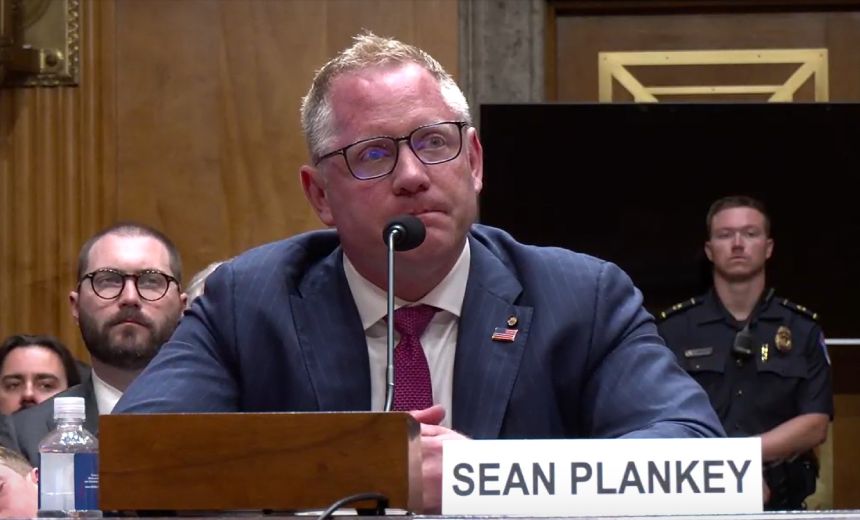Critical Infrastructure Security,
Election Security,
Fraud Management & Cybercrime
Sean Plankey Faces Election Security Scrutiny in Senate Confirmation Hearing

During his confirmation hearing on July 24, 2025, Sean Plankey, the nominee to lead the Cybersecurity and Infrastructure Security Agency (CISA), refrained from condemning the unfounded conspiracy theories surrounding the 2020 election’s integrity, specifically those alleging fraud due to voting machine vulnerabilities. His evasive responses, especially to questions regarding election infrastructure—a critical domain under CISA’s oversight—have raised concerns among lawmakers.
Plankey, who has previously served at the Department of Energy and the National Security Council, faced pointed inquiries from Democratic senators regarding his stance on election security. Despite these pressures, he maintained that he had not evaluated the cybersecurity framework of all 50 states nor had he reviewed the 2020 election’s cybersecurity posture.
The path to Plankey’s confirmation has been fraught with challenges, notably delays stemming from issues related to his FBI clearance and procedural holds. His nomination is currently stymied by Senator Ron Wyden (D-Ore.), primarily due to concerns over an undisclosed 2022 report detailing telecommunications vulnerabilities linked to the Salt Typhoon cyberattack. In his testimony, Plankey deflected inquiries about the legitimacy of the 2020 election, emphasizing that security measures are state-managed and vary significantly across jurisdictions.
This political hesitance comes at a time when election security is under heightened scrutiny, especially following former President Trump’s dismissal of then-CISA Director Chris Krebs, who had affirmed the election’s safety. Senator Richard Blumenthal (D-Conn.) questioned Plankey’s fitness to lead CISA, stating that a failure to confidently assure the elections’ security could undermine his capability to manage the agency effectively.
Despite Democratic misgivings, Plankey is anticipated to advance through the Republican-led committee, owing to significant support from the tech sector. Wyden has vowed to persistently advocate for the release of the withheld CISA report, which he criticizes as part of a “multi-year cover-up” concerning inadequate responses to cybersecurity threats from China.
Plankey’s nomination can still progress through the Senate despite Sen. Wyden’s procedural hold, though this will complicate an already protracted confirmation process. Wyden successfully utilized similar strategies in the past to delay nominations while demanding accountability from the Department of Homeland Security regarding surveillance activities.
During the hearing, Plankey expressed his support for the State and Local Cybersecurity Grant Program and indicated backing for the reauthorization of the Cybersecurity Information Sharing Act of 2015, which is set to expire on September 30. This legislation is pivotal for facilitating information sharing on cybersecurity threats between businesses and government entities. Any lapse could severely impact public-private collaboration in addressing potential threats—a concern underscored by Senate Homeland Security Chair Rand Paul (R-Ky.), who noted that updated legislation would include provisions against censorship.
CISA has not publicly addressed inquiries regarding the potential release of the aforementioned report. As cybersecurity threats continue to evolve, the scrutiny surrounding leadership appointments like Plankey’s underscores the urgent need for clarity and commitment to securing the nation’s electoral processes.